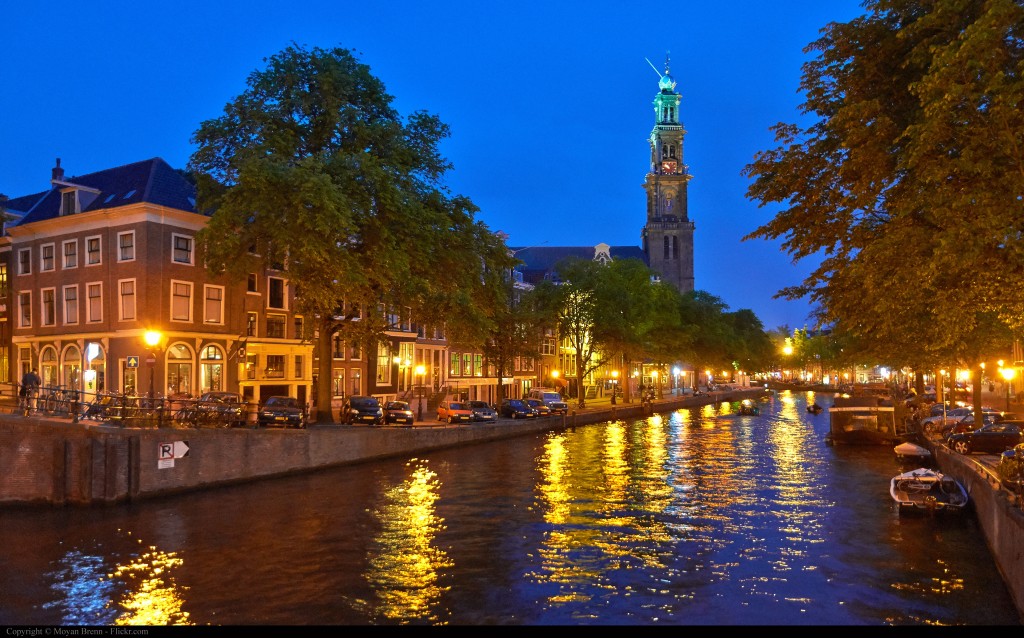A version of this article was originally published on Leafly.
Cannabis activists around the world have watched legalization measures in nine U.S. states this election season with some envy. Apart from Switzerland, no European country has provisions that allow voters to directly change laws via initiative, as many American states do. It’s a big reason why the politics around legalization are so different in Europe. How else are citizens supposed to address an issue most politicians don’t want to touch?
Nearly every major milestone in the US cannabis legalization movement has come as a result of voter initiative. A California measure in 1996 established the country’s first medical marijuana program, and initiatives are responsible for adult-use legalization in every state where it exists. While some European countries, such as the UK and the Netherlands, allow for referendums, the results of those votes aren’t legally binding; they’re merely advice to lawmakers.
This makes the job of European cannabis activists quite different from that of their American counterparts. To get a cannabis proposition on the ballot, American activists first have to spend a lot of time and money to gather enough signatures simply to qualify the measure for the ballot. Then comes campaigning and get-out-the-vote efforts. In Europe that’s not possible—even if you could muster the signatures of 99 percent of the population, there’s still no guarantee that anything will change.
The Netherlands is a good example: Polls show an impressive 70 percent support for legalization—a solid 10 points higher than in the US—but the government refuses to allow even limited experiments with regulated cultivation for the country’s cannabis coffeeshops.
The lack of direct democracy forces European activists to focus more on directly lobbying politicians and providing media outlets with evidence to support the change.
Nearly every step toward reforming cannabis policy in Europe has been the result of bottom-up, small-scale initiatives, for the most part starting in big cities. It’s how coffeeshops got their start in the Netherlands in the 1970s and how the cannabis social club movement got started off in Spain in the ‘90s. Another route to change is through the courts, like in the case of the German patient Michael F. who after a 16-year legal battle received permission to grow medical cannabis in his home. The case prompted German authorities to introduce medicinal cannabis legislation in 2017.
Despite the differences, one thing is certain: Nov. 8 has been a watershed moment for cannabis reform, not just in the United States, but globally.
There’s a bitter irony to the whole process: It was the United States that started the war on cannabis and exported it to the rest of the world, and it will be the United States that will end it and declare peace on the plant. President Obama got it right when he told Bill Maher that federal cannabis prohibition is “not going to be tenable” if the five states with adult-use cannabis on the ballot vote yes. The wall of cannabis prohibition won’t fall overnight, but it sure is crumbling.
Derrick Bergman is a Dutch journalist, photographer, and activist who has been covering cannabis culture since 1994.

